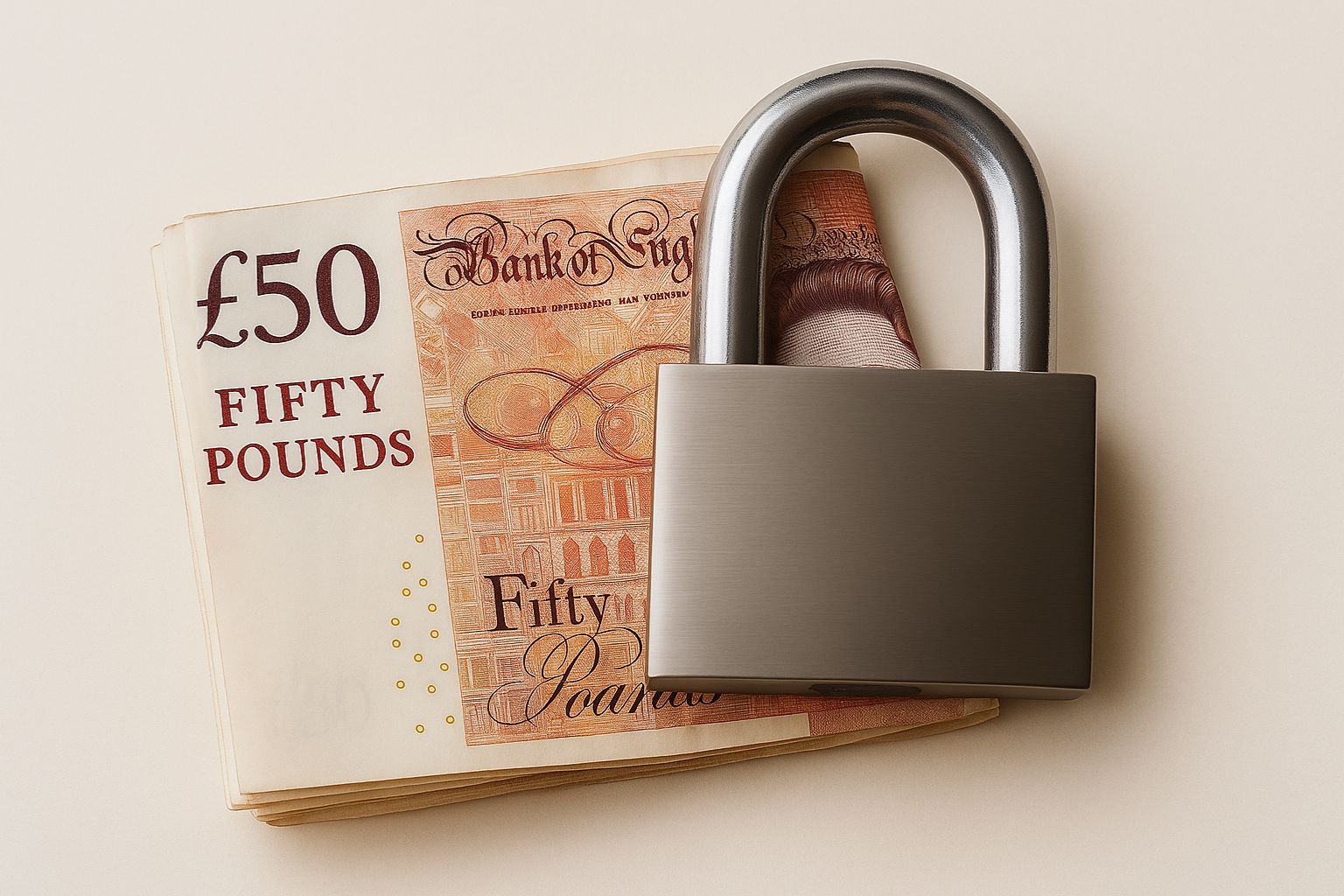
Bank Account Restrictions: Legal Insights and Practical Steps
Banks have the authority and, often, the legal obligation to restrict bank accounts in certain circumstances. In many of these cases, banks are not able to disclose the reason for the bank account restriction or provide any insight about when the issues will be resolved. The duty to withhold this information is imposed by Part 7 of the Proceeds of Crime Act 2002.
Without access to their funds and any clarity on what is happening, accountholders are often left feeling anxious and distressed. In many of these cases, individuals are unable to pay for their basic needs including food, rent, and utility bills and business operations are completely disrupted.
However, in some cases, banks incorrectly restrict bank accounts. The bank may have misunderstood the transactions in the bank accounts, failed to carry a full investigation, or misapplied the law.
Rokhsareh Vahid has been instructed in hundreds of matters involving restricted bank accounts. Often, banks misapply sanction laws and freeze bank accounts on this basis. At other times, banks may have unfounded suspicions and rely on their powers under the Proceeds of Crime Act 2002 to restrict bank accounts. In other cases, the police, HMRC, and other regulators may have obtained an Account Freezing Order on the bank accounts. Rokhsareh, together with our litigation team, have successfully acted on behalf of clients in a wide variety cases involving bank account restrictions and bank account closures and, regularly, obtained compensation for our clients.
Possible Solutions
It is not always possible to avoid a bank account restriction. However, you can minimise the risks by taking the following steps:
- Keep Your Bank Informed
If you expect a transaction in your bank account that is not a standard transaction for your account, it would be useful to inform your bank in advance. Some banks have a system for noting this information in their compliance files so that, if any suspicion arises when the transaction occurs, they can consider that information before taking action.
- Always Keep Your Documents
When it comes to resolving bank account restrictions, documents in support of your financial activities make a significant difference. It will be crucial to be able to demonstrate that your source of funds is legitimate and lawful, in order to resolve the issues.
- Take Legal Advice
It is important to take advice early as direct communications with the bank can potentially complicate the matter particularly if a third-party, such as the police, have obtained an account freezing order. In these cases, banks and regulators often approach these matters with suspicion. Therefore, it is important to avoid providing unorganised information about transactions which can often lead to further confusion or complications.
Rokhsareh can assist and advise in relation to bank account restrictions, and you can contact her at r.vahid@fcos.co.uk.
Disclaimer
The information provided in this article does not, and is not intended to, constitute legal advice; instead, all the information and content in this article is for general informational purposes only. The information on this website is provided without any representations or warranties, express or implied. We make no representations or warranties in relation to the information on this website. To learn more about your rights and the options available to you, please contact our Sanctions and Banking Law Consultant, Rokhsareh Vahid at r.vahid@fcos.co.uk.




